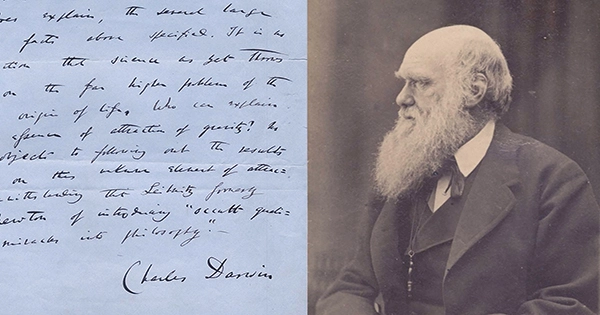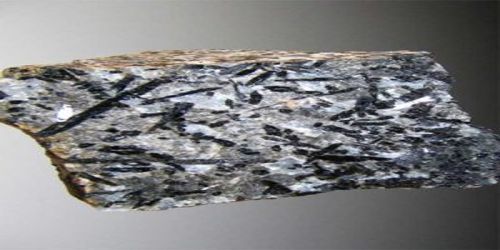Today is Evolution Day, a day set aside to recognize the 24 November 1859 publication of Charles Darwin’s Origin of Species. Darwin’s groundbreaking work is now regarded as the most influential book in the history of science and has spawned countless new fields of study. The book has been translated into fifty languages, which is significantly more than any other scientific book, as was recently discovered by the Darwin Online project at the National University of Singapore (NUS).
One of the most remarkable Darwin manuscripts surviving in private hands is being made available by the Darwin Online project on the 163rd anniversary of the publication of The Origin of Species. It is also being auctioned off at Sotheby’s in New York City, which is generating headlines throughout the world and is anticipated to set a record bid of £1,000,000. Dr. John van Wyhe, a history of science and founder and director of Darwin Online at the NUS Department of Biological Sciences, provided insight on this rare manuscript for Sotheby’s. It turned out to be considerably more interesting than what was initially thought to be a page from the rough draft of Origin of Species.
Hermann Kindt, an autograph hunter, wrote to Darwin in 1865 asking for him to write out a passage from Origin of Species and sign it. The result was the document. This was done for Kindt’s publication, Autographic Mirror, which featured famous people’s handwriting samples. On page 514 of the most recent 1861 third edition of Origin of Species, Darwin copied out the following passage:
“…It is no valid objection [to this theory of evolution] that science as yet throws no light on the far higher problem of the essence or origin of life. Who can explain what is the essence of the attraction of gravity? No one now objects to following out the results consequent on this unknown element of attraction; notwithstanding that Leibnitz formerly accused Newton of introducing ‘occult qualities and miracles into philosophy.'”
It was printed in Kindt’s magazine, which is now available online at Darwin.
This item is quite special because it is a passage from the Origin of Species written in Darwin’s own handwriting and bears his uncommon full signature. But why, out of the book’s 490 pages, did Darwin pick this particular passage? Dr. van Wyhe has discovered the solution.
There were many arguments against Darwin’s theory soon after the book’s publication. Some believed that his concept of “natural selection” did not actually exist in nature.
Darwin had just finished reading a biography of Isaac Newton when one of Newton’s detractors said that his law of gravity was just a fabrication based on “occult qualities and marvels” that had been thrust into science. The similarity struck Darwin. His detractors believed that natural selection was a fictitious cause. Darwin wrote about it in a letter to a scientific colleague the day after finishing the biography, stating that he would use this instance to refute detractors in the future. He was given the opportunity to do so almost immediately by adding a new passage to the Origin of Species’ upcoming American printing and referencing the Newton quotation. Later, the passage was included in the third edition of the book and all subsequent printings.
Now that this sentence has been explained, it is clear why Darwin chose it to copy out for Kindt in 1865 because he considered it as a strong argument in favor of his theory of evolution by natural selection. It appeared as though Darwin was saying, “They claimed Newton’s law of gravity was false, and today the entire world accepts it.” In terms of the law of natural selection, it will work similarly. Darwin was correct; the basis for all life sciences today is his theory of evolution.








![Internship Report on Customer Service of IFIC Bank [ Part-4 ]](https://assignmentpoint.com/wp-content/uploads/2013/04/ific-bank-limited-110x55.jpg)







